At the seminar on breakthrough policies to attract talents in higher education , science and technology and innovation organized by Hanoi University of Science and Technology this morning, November 4, Mr. Nguyen Quan, former Minister of Science and Technology, said that our institutionalization of the Party's resolution on attracting and rewarding talents into specific policies is very weak.
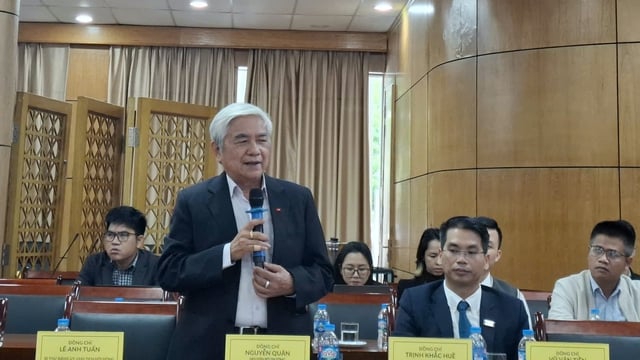
Mr. Nguyen Quan spoke at the seminar
PHOTO: QUY HIEN
According to Mr. Nguyen Quan, not only waiting for Resolution 57 (issued by the Politburo in December 2024), but up to now, the Party has had many resolutions on policies to attract and use talents. For example, Resolution 27 on knowledge (issued in 2008), Resolution 20 on science and technology (issued in 2012), Resolution 29 on education and training (in 2013)...
There are specific policies but they cannot be implemented.
Mr. Nguyen Quan said: "In 2023, when summarizing 15 years of implementing Resolution 27, we will see that the contents of the resolution are still valid, because we have not done anything yet.
The Party has very good policies, but they do not enter life. One of the main reasons is that our institutionalization of Party resolutions and Party will into specific policies is very weak. And more importantly, the implementation of existing policies is also very poor. We have not synchronized the legal system so that Party resolutions can enter life.
Mr. Nguyen Quan gave an example, Resolution 20 on Science and Technology allows the application of the fund mechanism in funding from the state budget for Science and Technology. Resolution 57 reiterates and emphasizes that. But if only regulating this content in the Science and Technology Law is not enough, because when implementing, the financial sector says this is not regulated in the State Budget Law.
"The State Budget Law does not allow for funding without a plan. That means if you want to do research, you have to make a plan, get it approved, and then put it on the list of tasks for the following year. Then you submit it to the National Assembly, the National Assembly approves it, and then the following year you allocate money. No country in the world has to wait years for a contract to be signed for research. They apply a fund mechanism. Money is always in a fund and money is allocated as soon as a topic comes up," Mr. Nguyen Quan shared.
Another example that Mr. Nguyen Quan cited to reflect the poor feasibility of the policy is Resolution 98 of the National Assembly on specific policies for Ho Chi Minh City. According to Resolution 98, Ho Chi Minh City can pay salaries to leaders of the city's public research institutions up to 120 million VND/month.
However, Mr. Nguyen Quan shared: "But I asked the city leaders and learned that up to now, no one has dared to accept this salary. Because I am the only one who receives 120 million, the people around me all receive tens of millions. And the work requires many people to do it. The leader receives 120 million, the deputy director or the project manager must also receive 80-90 million. But all the people around me only receive tens of millions, so no one dares to do it."
Talent needs work.
According to Mr. Nguyen Quan, in order for the policy on attracting talents in education and science and technology to be able to enter life, the first thing is to have a very realistic remuneration policy, do not have an unfeasible policy. To do so, there needs to be an autonomous mechanism, but not an extreme autonomy, the type that requires training and research institutions to be autonomous in both regular and investment expenses.
"Public service is something the State has to support. If people are forced to be autonomous, it becomes private. Autonomy means people have rights and are not dependent. The view of the Ministry of Science and Technology before and my personal view is that autonomous units only have to be autonomous in regular expenses, while the State has to take care of investment.
The government must take care of universities and research institutes with modern laboratories and facilities. Only then can they pay high salaries to their staff," said Mr. Nguyen Quan.
On the other hand, to attract talented people, there must be a policy to retain them. When foreign scientists come to Vietnam, they can accept lower salaries, but at least they feel cared for, assigned work, assigned topics, assigned projects, assigned strong research groups... They need jobs and through jobs, they have income.
"Giving a salary double and a piece of land to build a house. That's not too important to scientists," commented Mr. Nguyen Quan.
According to the former Minister of Science and Technology, we do not need to come up with any great initiatives, we just need to follow international practices.
"The world has gone through hundreds of years of science and technology development, they have accumulated valuable experiences (on policy - PV). We should try to learn and follow international practices. If we just like to do it our own way, creating our own playground, it will be extremely difficult," Mr. Quan stated his opinion.
Source: https://thanhnien.vn/thu-hut-nhan-tai-chinh-sach-dac-thu-thi-co-nhung-chua-duoc-thuc-hien-185251104125229608.htm




![[Photo] Opening of the 14th Conference of the 13th Party Central Committee](https://vphoto.vietnam.vn/thumb/1200x675/vietnam/resource/IMAGE/2025/11/05/1762310995216_a5-bnd-5742-5255-jpg.webp)


![[Photo] Panorama of the Patriotic Emulation Congress of Nhan Dan Newspaper for the period 2025-2030](https://vphoto.vietnam.vn/thumb/1200x675/vietnam/resource/IMAGE/2025/11/04/1762252775462_ndo_br_dhthiduayeuncbaond-6125-jpg.webp)
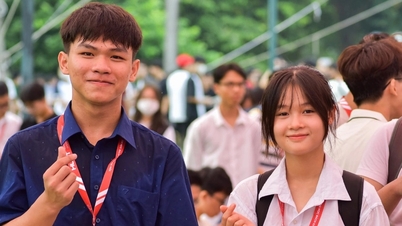

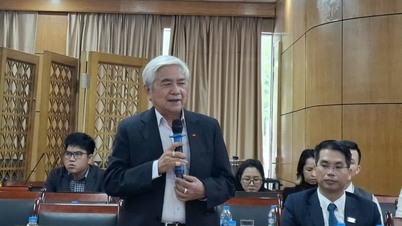




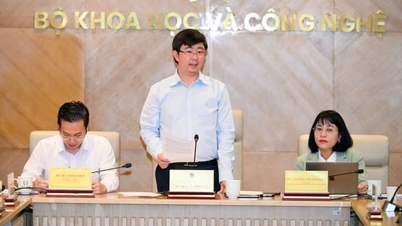

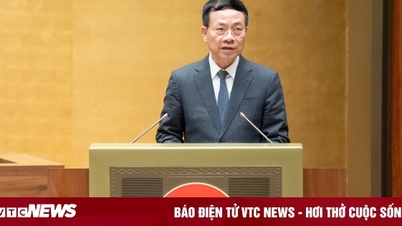



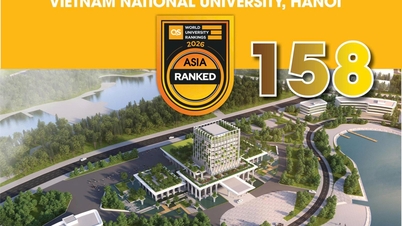

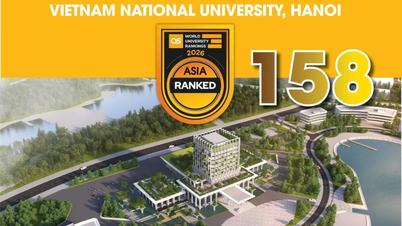


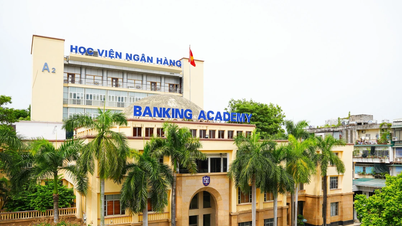

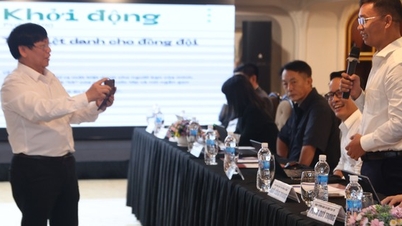






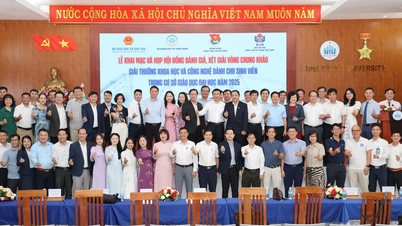
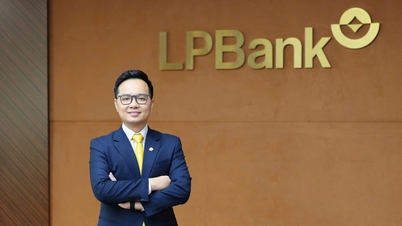





















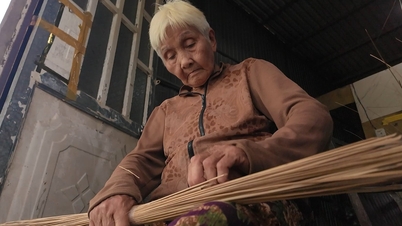













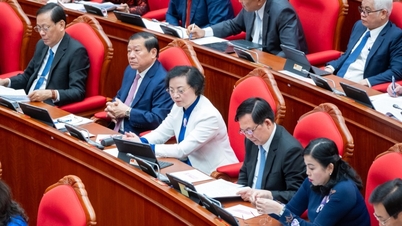
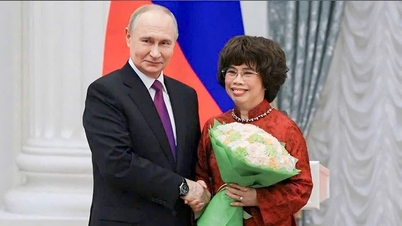
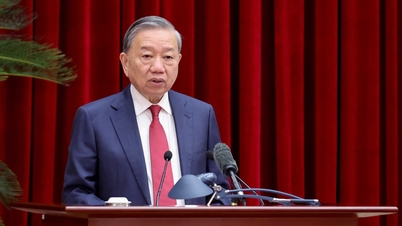


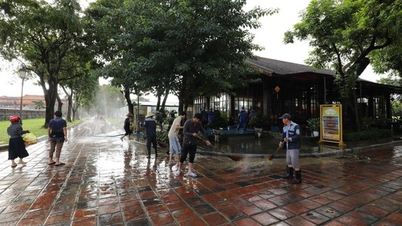

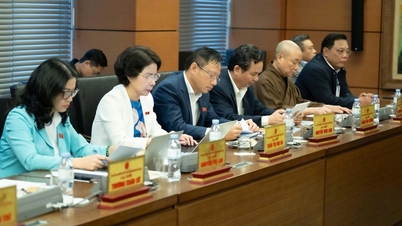
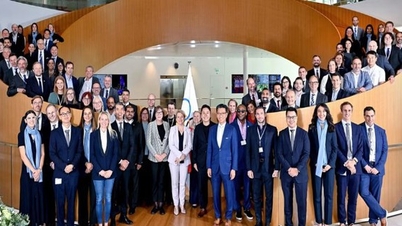

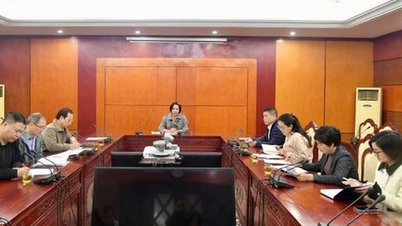

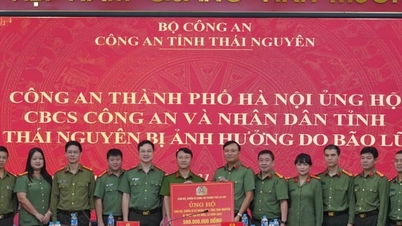




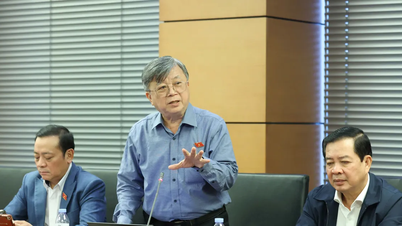


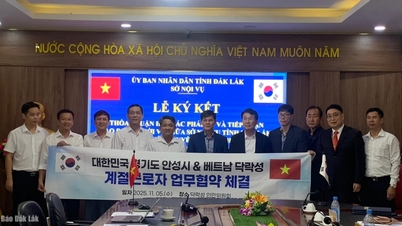















Comment (0)